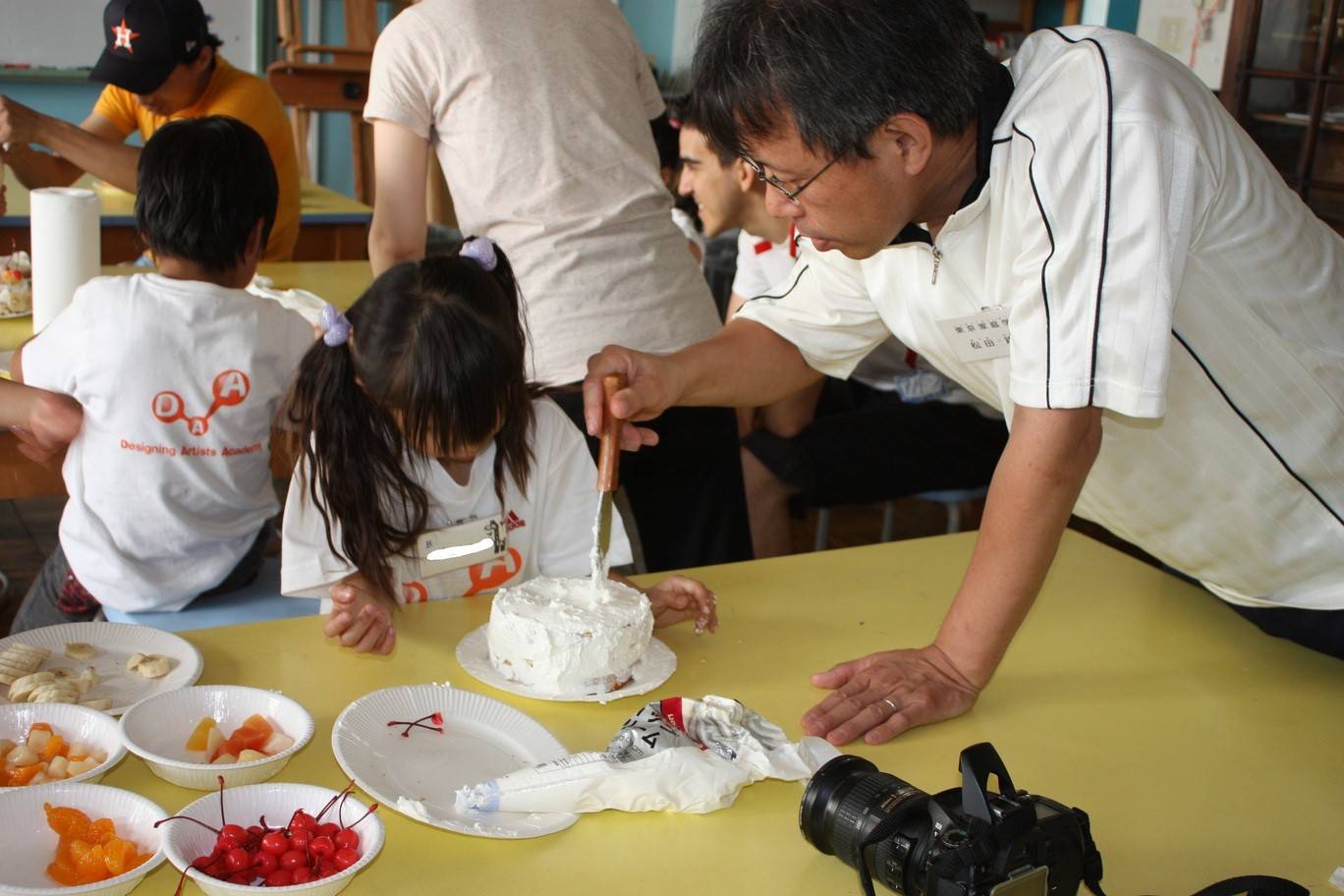On a cold December morning in 2007, Michael Clemons donned a white beard, red suit and black boots and went to an orphanage in Tokyo to hand out Christmas gifts.
“Prior to that visit, I’d never thought about orphans,” says Clemons, who hails from California. “But I couldn’t help but notice that most of the kids were of mixed heritage. I hoped that was not the reason they were in the home.”
While the Santa suit is long gone, the joy he felt handing out presents and the sincere gratitude he received from the kids inspired Clemons to learn about the more than 40,000 children living in Japan’s so-called institutional homes. Many of the children who wind up in institutional homes are victims of abuse or neglect. While some are true orphans whose extended family can’t or won’t take them in, many more have been abandoned due to poverty, special needs or health issues.


















With your current subscription plan you can comment on stories. However, before writing your first comment, please create a display name in the Profile section of your subscriber account page.